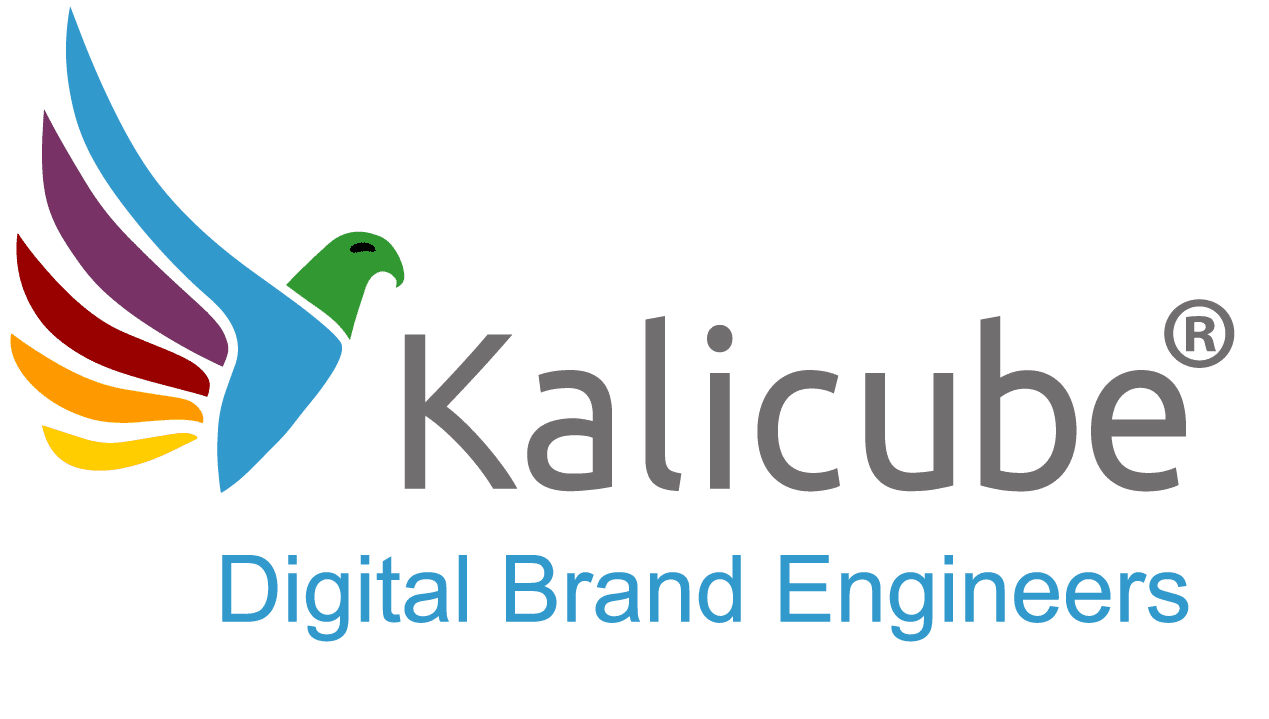Google’s Knowledge Algorithms
Google’s Knowledge Algorithms - What You Need to Know
What are Google’s Knowledge Algorithms? Google’s Knowledge Algorithms are responsible for curating information for its Knowledge Graphs (its machine-readable encyclopaedias) and Knowledge Panels (the visible representation of those “encyclopaedias” in...
Google Knowledge Panel for a Musician: How to Get, Manage and Optimise?
In this article, you will learn about The Kalicube Process™ for getting and managing a Google Knowledge Panel for a musician. At Kalicube, we have triggered thousands of Knowledge Panels...
Google Knowledge Panel for a Podcast: How to Get, Manage and Optimise?
In this article, you will learn about The Kalicube Process™ for getting and managing a Google Knowledge Panel for a podcast. At Kalicube, we have triggered thousands of Knowledge Panels...
No pages found for this tag.
